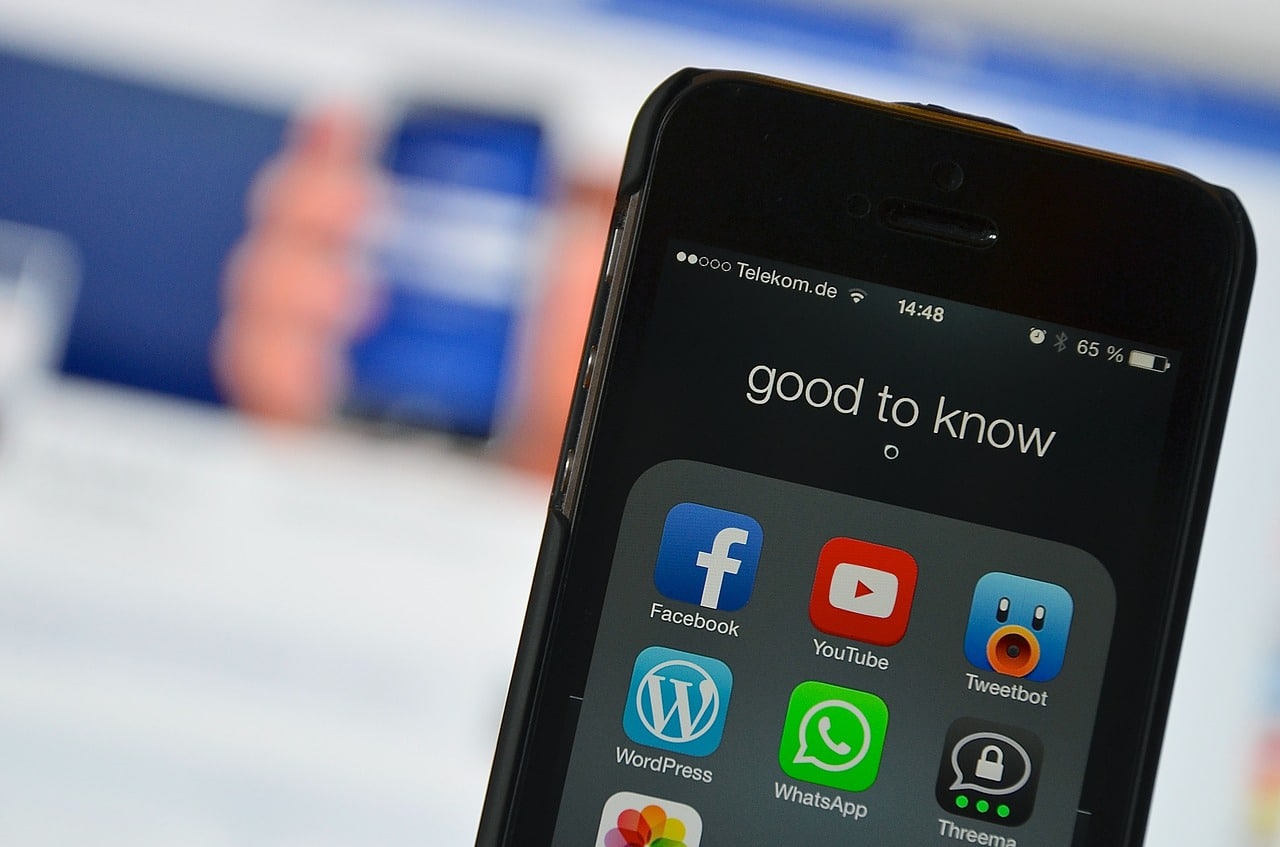Does your business currently have a social listening strategy? If not, it may be time to restructure your approach to social media. In case you aren’t familiar, social listening is a strategy that involves paying close attention to the posts and comments of other social media users. Though conceptually easy to grasp, the strategy can be as deep or as shallow as you make it.
Brands have begun exploiting the full range of social listening’s potential, and it’s becoming even more important for every company to include at least some elements of the tactic in their ongoing campaigns.
So why exactly is social listening so important, and how can you use it?
IMAGE: PIXABAY
How You Can Use Social Listening
There are several different ways to use social listening to your advantage. The straightforward, but inefficient approach is to simply log onto social media regularly, and manually see what other people are talking about. The more efficient, more common approach is to use a social media listening tool, which can help you organize social content and set up automated alerts when someone mentions a topic of interest.
There are a few main avenues that social listening is good for:
- Market research. If you’re trying to learn more about who your customers are and how they interact, there are few better places to start than social media. Social listening can give you insights into what your customers are saying, who they’re interacting with, the tone of their conversations, and even the vocabulary they use. The deeper you research their personality and behavioral traits, the more accurately you’ll be able to target them in your future campaigns.
- Competitive research. Social listening isn’t just for your customers, either—you can use it to watch your competitors and learn from their actions. For example, you can use social listening to discover the main elements of your competitors’ content strategy or see how they respond to various customer inquiries. Once you have this information, you can use it to construct a strategy of your own, whether it mimics theirs or intentionally deviates, to distinguish it from others.
- Brand monitoring. One of the most common applications for automated alerts involves brand monitoring, the process of scouting for mentions of your brand name across a given social media platform. With the right social listening tool, you’ll get notified whenever someone mentions your brand, whether it’s positive or negative, and you’ll get the chance to respond to that comment—or at least learn from it.
- Topic discovery. Finally, social listening can also be used as a topic discovery engine. Here, you’ll use social listening to discover what other people are talking about, both within and outside of your industry. The more in tune you are with what’s happening, the better topics you’ll be able to curate for your own content marketing initiatives.
Why It’s So Important
So why is social listening becoming more important?
- Pace of change. Content marketing, social media marketing, and overall market trends are changing at faster rates than ever before. Thanks to the speed of communication, it’s important for brands to stay on top of those changes—and respond to them as quickly as possible.
- Brand trust and relevance. Brands that respond to comments quickly and with an intention to make things better are regarded more positively than others. In today’s era of consumer distrust of corporations, this factor matters more than ever. Companies that don’t respond quickly through social listening will quickly fall behind in trust.
- There are thousands of companies like yours already using social listening, which puts them ahead of you if you haven’t yet adopted the strategy. In some ways, social listening is a defensive measure that can save you from getting steamrolled by your counterparts.
- Social listening tools are plentifully available and relatively inexpensive. They’re also easy to learn and put into regular use. That makes social listening accessible to all businesses, regardless of size or budget.
If you don’t currently have a social listening tool at your disposal, it’s time to get one. Listening to what your customers and competitors are saying is only going to grow more important as competition increases and customers expect more from their respective brands.
You might be surprised to learn what other people are saying about your brand—and what you can learn from their other conversations.
If you are interested in even more social media-related articles and information from us here at Bit Rebels then we have a lot to choose from.


COMMENTS